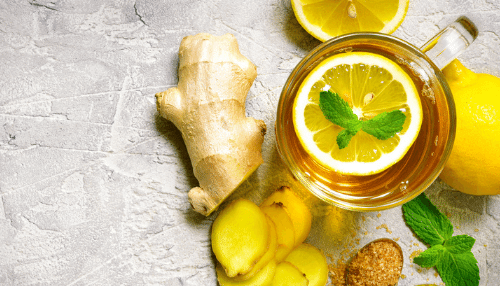In a world overloaded with synthetic drugs, many turn to herbal painkillers that work naturally for safe, long-term relief. These plant-based remedies contain active compounds that relieve inflammation, muscle tension, and nerve discomfort. Unlike over-the-counter options, natural anti-inflammatory herbs, plant-based pain relievers, and holistic pain relief solutions promote healing without harsh side effects. From chronic joint aches to migraines, these herbal warriors deliver targeted comfort. Below, we explore the top botanical solutions your body will thank you for—starting with the most powerful natural options.

Why Choose Herbal Painkillers?
Pharmaceuticals offer quick relief, but they often bring side effects and dependency. In contrast, natural pain management taps into the healing powers of nature. Herbal alternatives to ibuprofen work by reducing inflammation at the root without damaging the liver or stomach lining. These remedies support the body’s systems while soothing pain signals gently. Choosing natural muscle relaxants or herbal remedies for pain relief helps restore balance rather than mask symptoms.
Herbal Painkillers That Actually Work
Turmeric (Curcumin)
A golden powerhouse, turmeric fights inflammation through its active compound curcumin. It’s a potent natural anti-inflammatory herb that reduces joint pain, arthritis, and even post-exercise soreness.
Willow Bark
Known as nature’s aspirin, willow bark offers deep plant-based pain relief for lower back pain, headaches, and muscle cramps. It contains salicin, which the body converts into pain-relieving compounds.
Boswellia Serrata
This resinous herb, also called Indian frankincense, is used in Ayurvedic medicine. It acts as a holistic pain relief solution by inhibiting inflammatory enzymes and easing conditions like osteoarthritis.
Ginger Root
Besides aiding digestion, ginger contains compounds like gingerol that act as natural painkillers for inflammation. It’s especially helpful for menstrual cramps and migraine pain.
Devil’s Claw
Native to southern Africa, devil’s claw works as a herbal joint pain reliever. It reduces swelling and improves mobility in arthritis sufferers without harming internal organs.

How These Herbs Work in the Body
Each natural remedy for chronic pain interacts with the body differently. Some suppress pro-inflammatory enzymes like COX-2, while others increase circulation or reduce nerve sensitivity. These natural pain relief herbs also support liver detoxification, joint lubrication, and muscle relaxation. Unlike drugs that only block pain signals, these herbs promote recovery from the inside. This synergy makes them superior natural alternatives to pain medication in long-term wellness plans.
How to Use Herbal Painkillers Safely
Use natural painkillers that really work in tinctures, capsules, teas, or topical oils. Always follow dosage guidelines and consult a qualified herbalist if combining with medications. For example, turmeric pairs well with black pepper to boost absorption. A warm herbal compress for pain can soothe localized aches instantly. These herbal solutions for pain relief shine best when paired with hydration, movement, and anti-inflammatory diets.

Who Benefits Most from Herbal Painkillers?
People with chronic pain, sports injuries, or medication sensitivity benefit greatly from herbal remedies for body pain. Seniors seeking gentler alternatives or individuals managing long-term conditions like fibromyalgia often find herbal painkillers that work naturally more sustainable. These solutions empower people to manage pain without sacrificing gut health or mental clarity.
Final Thoughts: Nature’s Healing Arsenal
When used wisely, herbal painkillers that work naturally offer more than relief—they restore. From the fiery warmth of ginger to the cooling calm of willow bark, nature provides everything needed to combat pain gently. Let these plant-powered painkillers become part of your wellness ritual, proving that healing doesn’t have to come in a pill.
